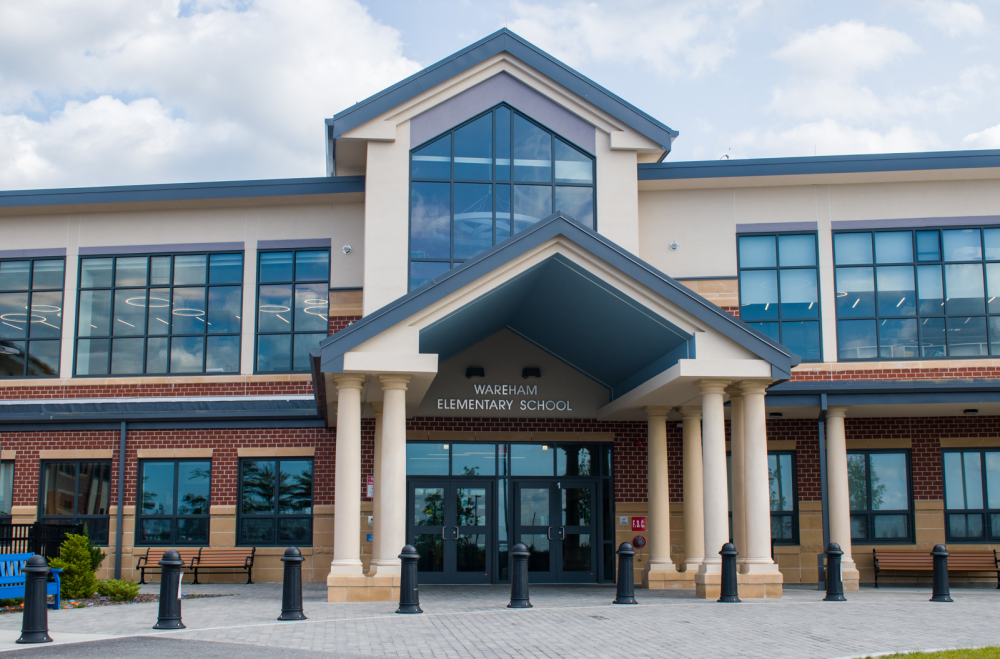Town Meeting to tackle $36M sewer repairs
At the Special Town Meeting on Monday, July 24, voters will be asked to commit to borrowing $36 million to make repairs at the town’s aging sewer plant.
The Sewer Commission and outside consultants have argued that replacement of parts of the “headworks” and “clarifier” – dealing with sewage at the beginning and end of the treatment process are reaching the end of their useful life and that replacing them is critical to keeping the plant functioning.
Opponents of the expenditure, including a majority of the Select Board, want more information on what additional money will need to be spent on the plant before supporting this project.
The Town Meeting begins at 7 p.m. at Wareham Elementary School in the auditorium. All registered voters are eligible to attend, participate and vote.
The problems at the sewage treatment plant are nothing new. As far back as 2014, a report from the Massachusetts Department of Revenue noted capacity issues and the need to upgrade equipment.
Guy Campinha, director of the Water Pollution Control Facility, explains that the treatment plant was built in the ’70s and the equipment had already begun to fail around 1989. Campinha said repairs have been made along the way but that the equipment has reached a point where it needs to be replaced.
The headworks is used in the first stage of the wastewater treatment process. Its function is to remove rags and materials such as grit and sand. The clarifier is a part of the second stage of treatment where denser pieces are expected to fall to the bottom of the tank while water passes through the upper zones. However, this process is failing and the tank is also not deep enough to handle the current intake.
Campinha said failures in both pieces of equipment have already begun to create problems.
“It should have been replaced years ago,” he said. “The question is, when it fails all together, what are the consequences?” Answering his own question, he talked of potential “major discharges” in surrounding bodies of water, which would be “catastrophic.”
Voting, “Yes,” on Article 1 would allow the commission to borrow the necessary funds to purchase a new headworks and secondary clarifier. The purchase would not only limit mechanical failures, but also increase the facility’s capacity from 1.56 million gallons per day to 2 million.
The three members of the Select Board who oppose immediate approval of the $36 million expenditure don’t dispute the need for the repairs so much as fear that they will be just the tip of the iceberg.
Campinha himself has said that, even with the new equipment purchased, the facility will need additional work to keep up with the growth of the town. He said his department is preparing a comprehensive Wastewater Management Plan with the goal of making it available by September.
At the July 13 Select Board meeting, member Alan Slavin said he believes the townshould look into building a second facility.
If approved, the $36 million repairs would be paid for through long-term borrowing – at what Sewer Commission Chair Bernard Pigeon estimates would be a cost of $80 to $100 a year for each sewer-user household.
Other articles on the Special Town Meeting agenda involve changing the way already-appropriated money will be spent to fix a sewer pipe failure in Swifts Beach. The original project involved pipe repair that would require homeowners in the affected area to buy expensive “grinder pumps.”
Following an outcry from those homeowners about that plan, officials have agreed to use the allocated money for a more acceptable approach to the problem.











